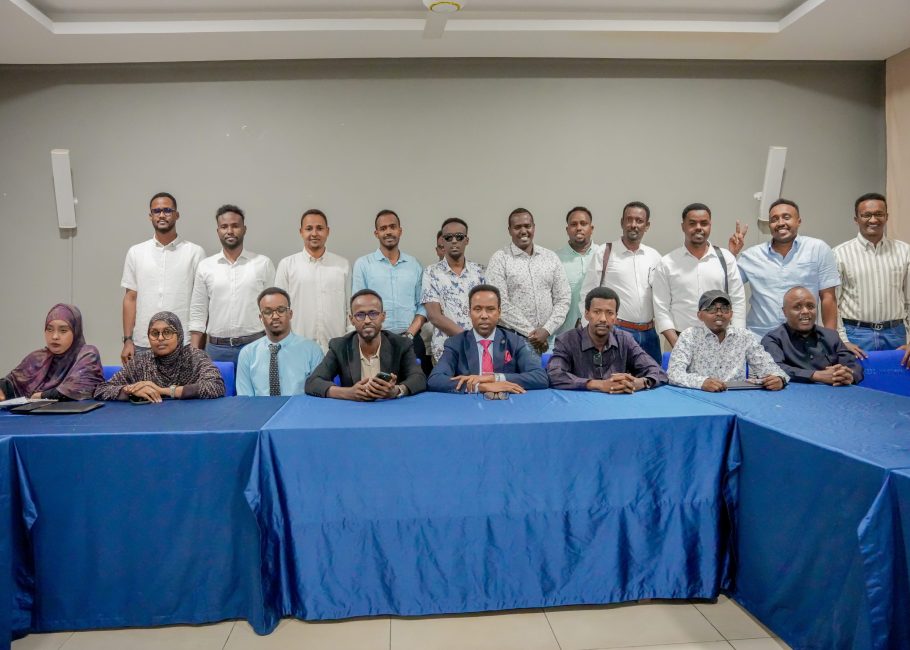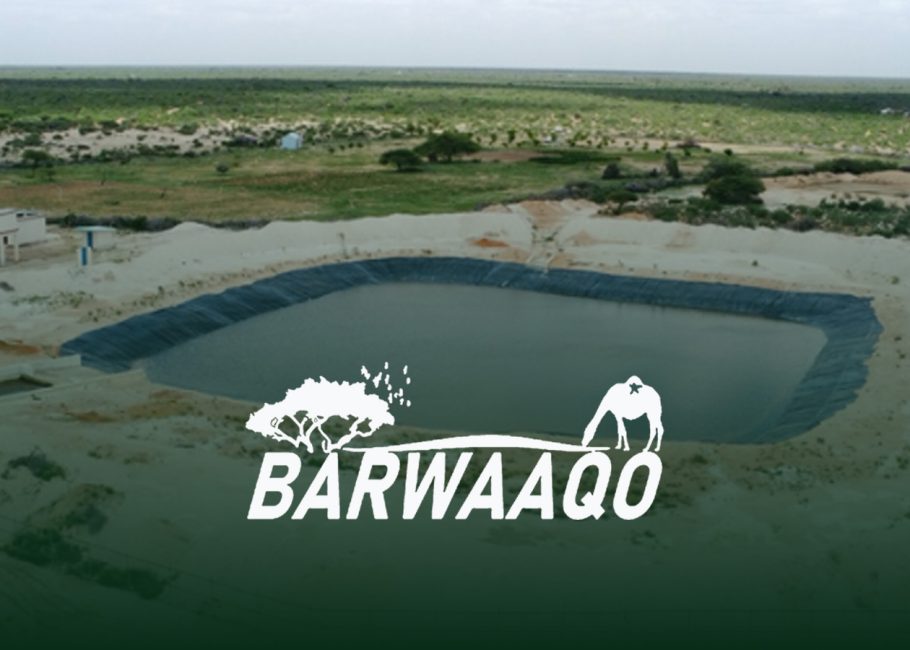
Barwaaqo Project
The Barwaaqo Project focuses primarily on:
I: Improving access to multiple-use water resources (for human consumption, livestock and small-scale irrigation) in dry lands of Somalia.
II: Strengthening capacity of communities and local, state and national-level institutions.
III: Supporting community-led investments in sustainable land management.
IV: Promoting the uptake of productivity-enhancing innovations among target rural communities; thereby.
V: Strengthening the adaptive capacity of rural communities in Somalia and their resilience to the impacts of Climate Change.
Project Components
Component 1: Support Development of Multi-use Water Sources.
This component aims to improve water availability for domestic, agriculture, and livestock, and to address the effects of climate induced droughts and floods by developing a slew of water supply infrastructure that provides reliable year-round supplies, including small sand and subsurface dams in dry riverbeds (wadis) and surface water storage infrastructure (for example, berkads and hafir dams).
Component 2: Support Development of Agriculture and Livestock Services around Water Points.
This component will support interventions aimed at creating and strengthening
sustainable and productive livelihoods for communities, ensuring that they benefit from the water point investments while improving SLM and addressing vulnerabilities to flood and drought.
sustainable and productive livelihoods for communities, ensuring that they benefit from the water point investments while improving SLM and addressing vulnerabilities to flood and drought.
Component 3: Development of Environmental Upstream Catchment Services.
This
component aims to address vulnerabilities to floods and droughts and enhance the benefits from the sustainable management of upstream catchments. It includes the promotion of rangelands restoration (thus contributing to LDN), and introduction of appropriate practices for SLM (thus reinforcing national climate mitigation measures to increase forest cover and SOC).
component aims to address vulnerabilities to floods and droughts and enhance the benefits from the sustainable management of upstream catchments. It includes the promotion of rangelands restoration (thus contributing to LDN), and introduction of appropriate practices for SLM (thus reinforcing national climate mitigation measures to increase forest cover and SOC).
Component 4: Project Management, Community Development and Enhancing Livelihoods Planning, Monitoring and Evaluation (M&E), and Knowledge Management and Learning.
This component would finance the operational costs of the project management units in participating FMSs and a project coordinator and fiduciary support unit at the FGS level. The successful targeting of beneficiaries and the achievement of improved water balance, access
and management, adoption of SLM practices, select indicators for soil moisture and/or SOC (as appropriate), enhanced agricultural productivity, as well as gender sensitive and nutrition sensitive outcomes would be among the main performance indicators to be monitored.
and management, adoption of SLM practices, select indicators for soil moisture and/or SOC (as appropriate), enhanced agricultural productivity, as well as gender sensitive and nutrition sensitive outcomes would be among the main performance indicators to be monitored.






